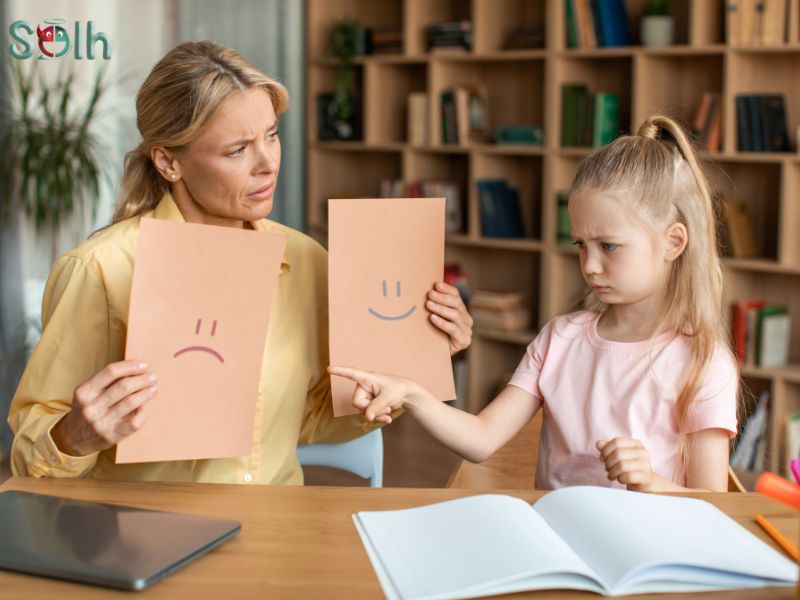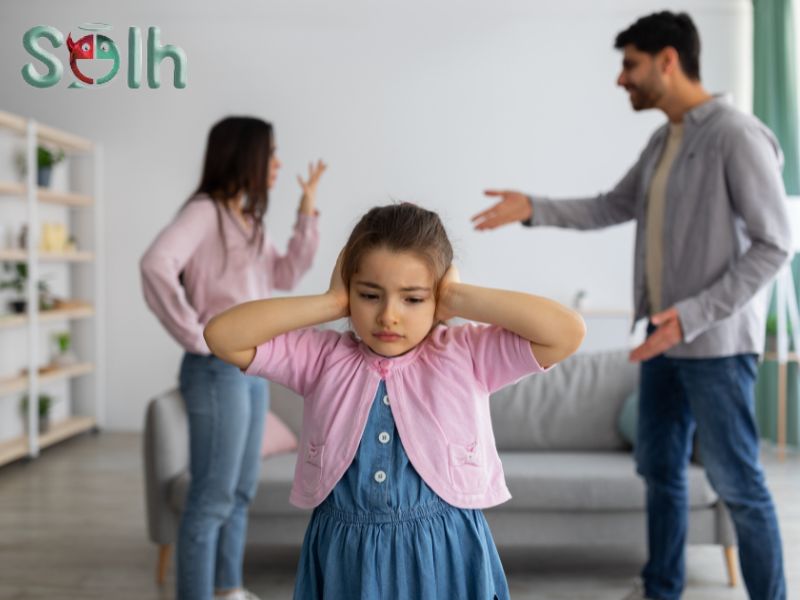Sticks & Stones may break a bone, but bullying can be fatal!
People may picture a child being shoved around by another child when they hear the word "bully." Alternatively, they might picture someone verbally or online mocked by a peer.
One out of every five students between the ages of 12 and 18 has experienced bullying. No matter how they manifest, these events can be severe and, more often, have a lasting impact.
Young people are impacted by bullying in a variety of ways. It might affect their self-worth, emotional health, academic performance, and life outside school. Bullying can make young people feel unlovable or unworthy of assistance, and they might frequently feel ashamed or embarrassed. Moreover, they might struggle to sleep or eat because they're worried, sad, or overwhelmed. It can be difficult for many young people who have experienced bullying to feel secure or confident in anything they do, making them withdraw from other people and stop doing the things they like to do.
Attempts to advocate for victims won't be successful unless people are aware of just how painful and traumatic bullying can be. The effects of bullying on children are outlined here.
Social and Emotional Impact
Bullied children frequently experience emotional and social problems. They struggle not only to make friends but also to keep strong friendships going. The cruel and condescending things other children say about them directly cause a lack of self-esteem.
Eventually, children may experience "learned helplessness" if no action is taken. Bullying victims who experience "learned helplessness" believe they are powerless to alter the situation. As a result, they give up trying. The downward spiral into depression then gets worse, and this causes a sense of despair and the conviction that there is no escape.
Physical Impact
In addition to bumps and bruises, physical bullying incurs additional costs. For instance, anxious kids are frequently bullied. This stress on their bodies will result in a slew of health complications, including getting sick more recurrently, developing ulcers, and experiencing other conditions brought on by unceasing distress. Headaches and stomachaches are other common complaints from bullied children. In addition, the bullying they endure might make their pre-existing conditions worse.
Academic Impact
Bullied children frequently struggle academically as well. Children who are forced find it difficult to concentrate on their studies. Children that are bullied may miss school or classes to avoid being bullied. Falling grades may potentially be a consequence of this behavior.
Additionally, if grades start to slip, the bullied child will already be stressed. Bullying can, however, cost the victim dearly in the form of long-term repercussions if it goes unchecked.
Unfortunately, Bullying is Common
The impact of bullying can be lessened by making young people feel accepted and valued for who they are. Here are some suggestions for making others feel included:
Concentrate on endeavors that inspire participation
Encourage children to complement each other sincere compliments
Avoid evaluating oneself in comparison to others.
Encourage kids to emphasize their strengths
Reward those that go above and beyond to assist
Come join our support group, let your heart out and heal together.
Let’s put an end to Bullying Scars!



